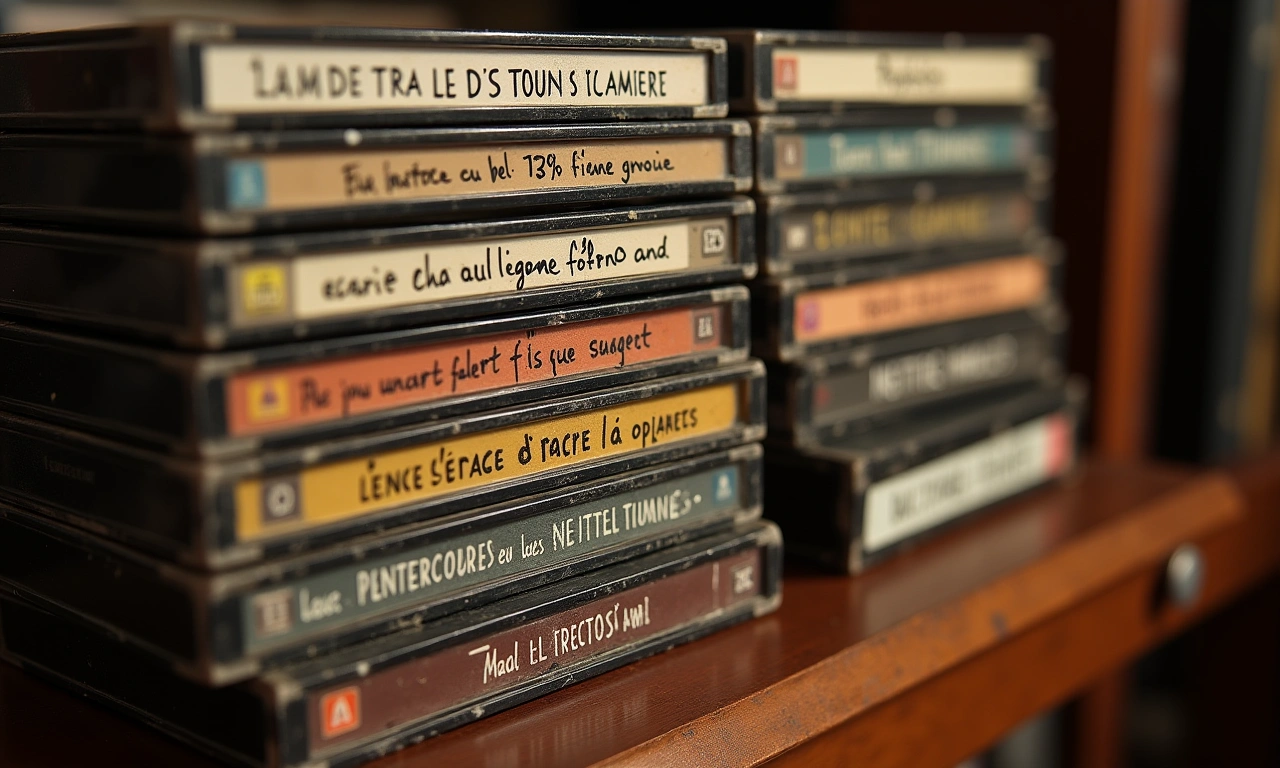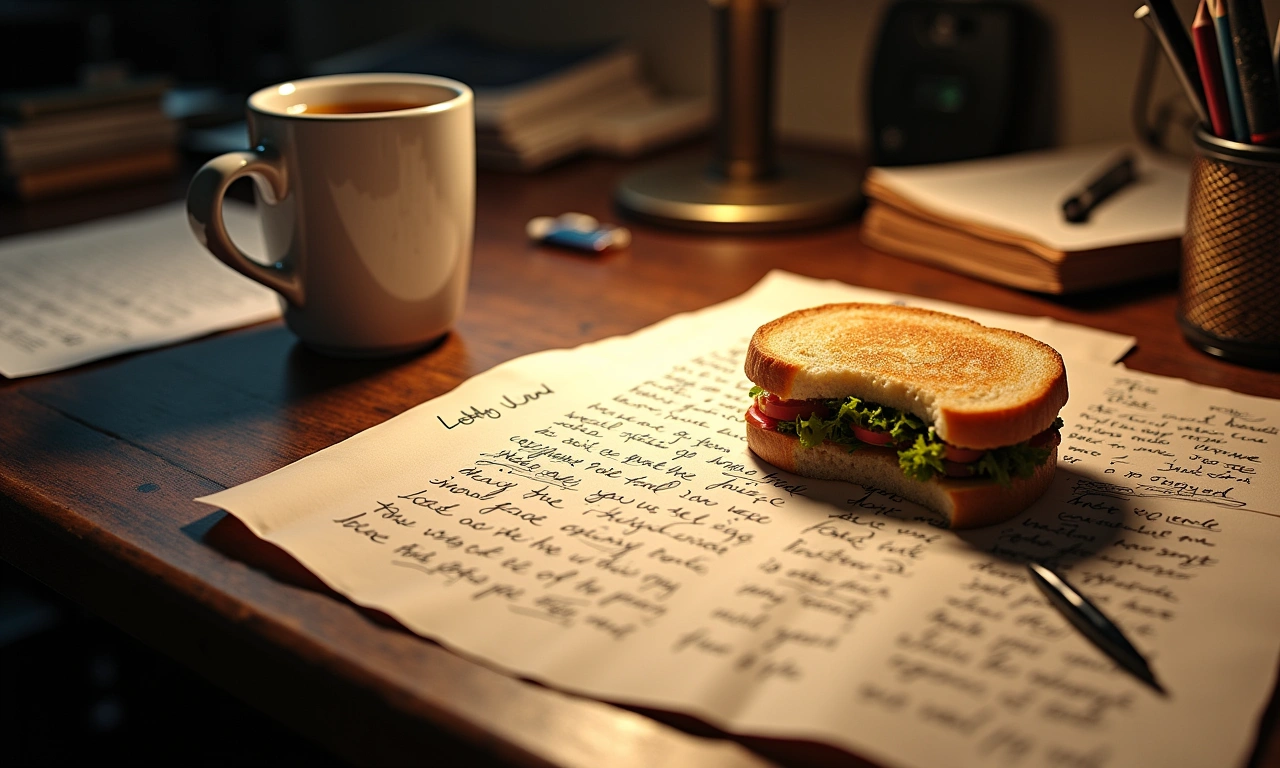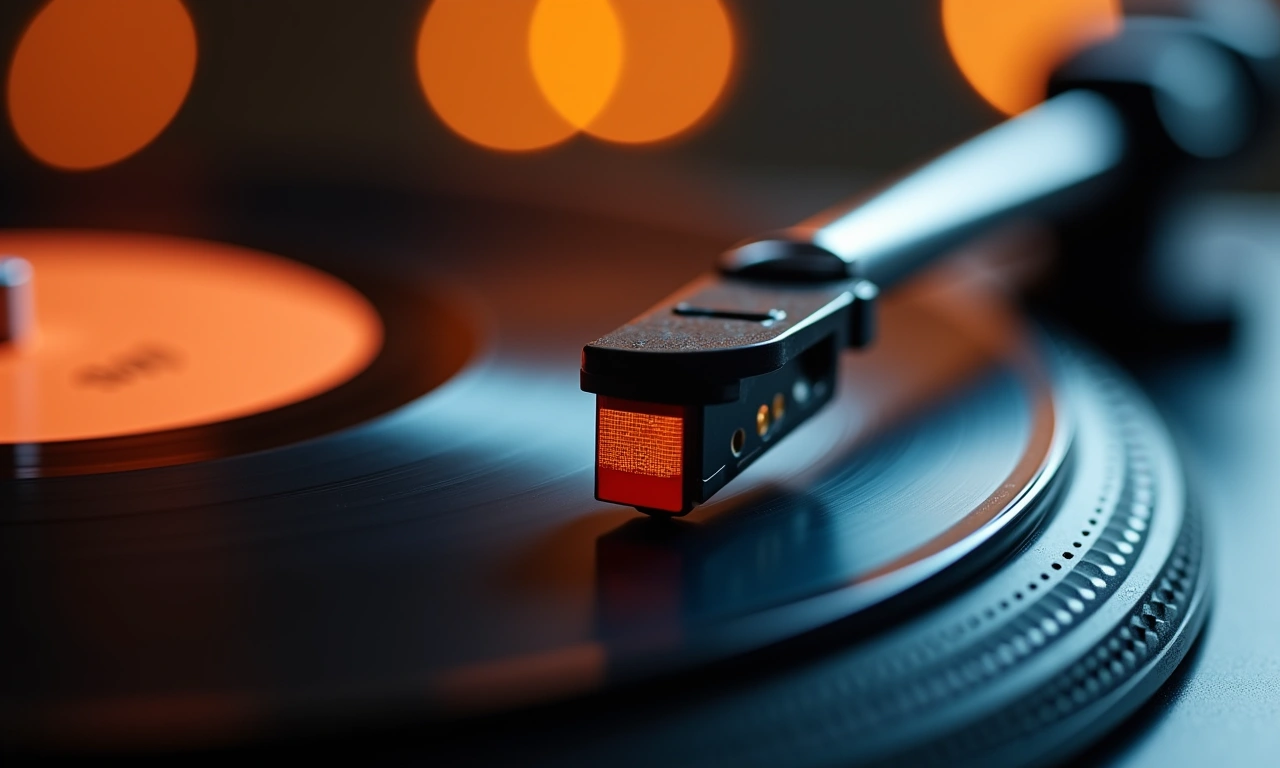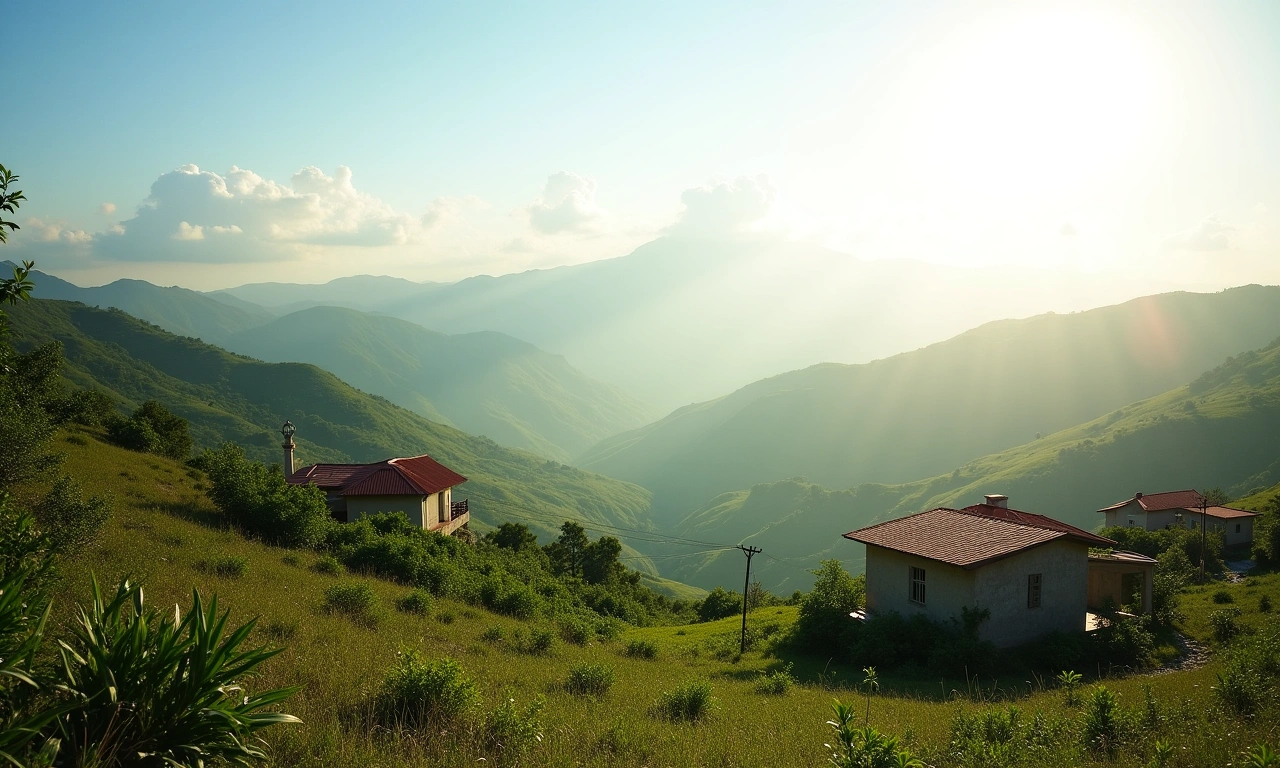Ralph Boncy is a foundational figure in contemporary Haitian music—a producer, songwriter, and broadcaster whose work since the 1980s has shaped the sound and international reach of Haitian pop, konpa, and fusion genres.
Across five decades, Boncy has collaborated with dozens of major Haitian artists, co-founded the genre-blending band Zeklè, managed and produced Emeline Michel during her most commercially successful years, and directed music programming at flagship Canadian radio stations.
This Part 1 interview explores Boncy’s creative philosophy, early influences, mentorship journey, and the behind-the-scenes collaborations that define his legacy.
Early Life and Musical Influences: From Port-au-Prince Records to French Songwriting Masters
Boncy’s musical foundation was shaped by a modest collection of vinyl records in his Port-au-Prince home. His earliest memory centers on his family’s turntable at his grandparents’ house on Chemin des Dalles, where five LPs became his primary education: Harry Belafonte’s interpretation of “Latibonité,” Beethoven’s Fifth Symphony, Henri Salvador, Webert Sicot, and Nemours Jean-Baptiste.
Boncy recalls the dramatic impact of Belafonte’s album cover, which featured a wounded boy—an image that captivated and unsettled him as a child.
With his older brother Jacques, Boncy would conduct imaginary orchestras and piano performances to Beethoven, mimicking the gestures he observed. This early exposure to classical structure and folk-influenced arrangements planted seeds for his later work in song composition and musical arrangement.
As a teenager, Boncy’s formal education in songwriting came from French chanson masters—a pantheon he studied intensively through recordings and listening. Jacques Brel dominated his early listening; his mother’s French correspondent sent six audio cassettes of Brel’s complete masterworks in the late 1960s.
Boncy supplemented this self-directed study with creative analysis of Charles Aznavour, Gilbert Bécaud, Michel Fugain, Pierre Delanoë, and Claude Nougaro.
“I was self-taught,” Boncy emphasizes. The influence of Brel and these French songwriters—known for narrative depth, emotional directness, and poetic specificity—would inform Boncy’s approach to Creole songwriting and his later collaborations with emerging Haitian artists.

From Fan to Producer: The Dominique Sylvain Turning Point
Boncy’s entry into professional songwriting and production began with a collaboration that became pivotal: working with vocalist and composer Dominique Sylvain. The two conducted regular writing sessions every Monday, an informal laboratory where Boncy discovered his voice as a producer while Sylvain developed her craft under the mentorship of guitarist Amos Coulanges.
When Sylvain was offered a record deal in France, Boncy transitioned from writing partner to producer—a role that formalized his entrance into the music industry. Sylvain, a Haitian vocalist and multi-instrumentalist, went on to perform under the artistic name Joyshanti and built a substantial career in French-speaking European markets, performing at iconic venues like the Olympia in Paris and releasing multiple albums.
Her signature songs, “Pa Kriyé” (her own composition) and “Papa Damballah” (adapted from Toto Bissainthe’s repertoire), remained central to her performing catalog.
This collaboration taught Boncy the demands and rewards of artist development and production—lessons he would apply throughout his career.
Breaking Into the Haitian Music Industry: Claude Marcelin’s Recognition
Boncy’s first recorded song appeared in November 1981 on Claude Marcelin’s album Boul Malachong (released on the Makaya label). The composition, titled “Sa Nou Vle” (What We Want), emerged from writing sessions with Mushy and Joel Widmaier—work that ranged from full compositions to commercial jingles.
Marcelin, then completing his album, heard Boncy’s output and recognized something distinct: a young composer willing to move away from conventional konpa aesthetics toward a more socially conscious and youth-oriented sound.

“Sa Nou Vle” was not a hit, but it was noticed. Boncy marks this moment as his formal debut as a recording songwriter and counts his early contributions to Zeklè as equally formative. “Thank you Ti Claude!” he says of Marcelin’s recognition—a debt Boncy acknowledges as foundational to his career.
Boncy’s Early Record Labels and the Co-Founding of Zeklè
In the 1980s, Boncy co-founded three record labels. The first released recordings by Zeklè and Lakansyèl, produced and managed with Mushy, Joel Widmaier, and Raoul “Ti Raoul” Denis.
The second and third labels expanded that roster to include Carole Demesmin, Assad Francoeur, and the late Jean-Michel Daudier—establishing Boncy as not just a songwriter and producer, but an entrepreneur investing in Haitian musical talent.
Zeklè, the groundbreaking rock-konpa-jazz fusion band Boncy co-founded, became his flagship project. The band’s innovative blend of traditional Haitian rhythm with rock and jazz arrangements earned international recognition, including performances at the prestigious Sphinx Festival in the Netherlands and the legendary New Morning venue in Paris.
Zeklè’s sound symbolized artistic innovation and cultural pride, positioning them as icons of 1980s Haitian music.
Canadian Broadcasting: Radio Director, Journalist, and Global Music Ambassador (1998–2010s)
From 1998 to 2003, Boncy worked as musical director for Musique Plus and Musimax, two sister music television and radio stations in Canada. During this period, he produced and hosted Rythmes du Monde (World Rhythms), a two-hour weekly program devoted to interviews with international and world music artists passing through Montreal.

Following his tenure at Musimax, Boncy became music director for Couleur Jazz Radio, a world music and jazz station, further establishing his reputation as a curator and advocate for culturally diverse music programming.
Today, he serves as co-host, radio programmer, journalist, and music reviewer for Espace Musique 100.7 FM and ICI Musique (Radio Canada), roles in which he continues to amplify Haitian and Caribbean artists for Canadian and international audiences.
Author and Documentarian: Recording Haitian Music History
Beyond his work as a producer and broadcaster, Boncy is an author committed to preserving and analyzing Haitian musical heritage. His book Les Grandes Dames de la Musique Haïtienne (The Great Divas of Haitian Music) pays tribute to Haiti’s most influential female singers, ensuring their stories and artistic contributions endure in written form.
This work reflects Boncy’s broader mission: documenting the evolution and achievement of Haitian music for scholars, musicians, and audiences globally.
Songwriting Philosophy: Melody First, Lyrics Second (Usually)
When asked about his creative process, Boncy emphasizes intuition over formula. The interplay between lyrics and melody varies from song to song, but his preferred approach is immediate: “I like it better when the first sentence comes out with its own melody. That is the first strike. Then you can dig and build around it.”
This method mirrors the spontaneous inspiration he admires in the work of master songwriters—a philosophy tested against the question of whether hit songs follow predictable patterns. Boncy’s answer is frank: “Nobody knows.” What separates a song that endures from one that fades remains elusive, shaped by lyrics, hook strength, poetry, production, and timing in ways that resist formula.

Can You Compose Without Playing an Instrument?
A recurring question in music education is whether composers must be trained instrumentalists. Boncy’s experience offers a practical answer: not always, but instrumental knowledge helps. “Some strong pop composers manage to make a melody stand on its own, and this is actually a good asset.
But most of the time, you are better off understanding the harmony and the chord progressions you want to go for.”
Boncy himself is not a virtuoso performer, but he possesses enough guitar knowledge to construct the basic architecture of a song: intro, verse, chorus, bridge, and coda. This functional literacy—distinct from performance mastery—proved sufficient for his decades of productive songwriting and arrangement work.
Collaboration: When It Clicks, and When It Doesn’t
Asked about the ingredients of successful musical collaboration, Boncy’s answer is characteristically brief: “Has to come naturally. It needs to click.” This emphasis on intuitive chemistry over process reflects his early working relationships with Dominique Sylvain, Mushy, Joel Widmaier, and countless Haitian artists.
The collaborative relationships Boncy has maintained over decades—managing and producing Emeline Michel from 1986 to 1994, co-founding Zeklè, working with Tabou Combo on the 1980s album Go Tabou Go—testify to his ability to establish these “clicks.” Yet the brevity of his answer also reveals a producer’s wisdom: some collaborations cannot be forced or engineered into existence.
They either resonate or they don’t.

Major Collaborations and Artist Partnerships
Emeline Michel: Production, Management, and Marriage (1986–1994)
One of Boncy’s most significant professional and personal relationships was with vocalist Emeline Michel, one of Haiti’s most internationally recognized singers. From 1986 to 1994, Boncy served as both her producer and manager, and the two were married for four years during this period. This partnership defined a crucial chapter in Michel’s artistic development and contributed to her subsequent international career.
In 1995, Michel produced her album Banm Pase independently, recorded between Montreal and New York, with minor contributions from Boncy. Their professional collaboration resumed in 2013 when they worked together on one song for Michel’s album Quintessence, demonstrating an enduring artistic rapport despite the end of their marriage.
Wyclef Jean and The Fugees: A 1996 Encounter in Bordeaux
In 1996, Boncy met Wyclef Jean in Bordeaux, France, during a Fugees tour. The meeting was facilitated by Raoul Peck, then Haiti’s Minister of Culture, who sought to encourage Jean to visit Haiti with The Fugees.
After the concert, Boncy spent time with Jean and gained access to several studio sessions for The Carnival, Wyclef’s second album, released in 1997. “I was totally amazed,” Boncy recalls of the experience, noting that Lauryn Hill (a member of The Fugees) was present during sessions and that the two developed a warm rapport.
While Boncy did not formally contribute to The Carnival, this encounter positioned him as a bridge between Haitian musical culture and international hip-hop and R&B movements—a role consistent with his later work as a broadcaster and cultural ambassador.

Tabou Combo and “Fête de la Musique”
Boncy has been a fan of Tabou Combo, a legendary Haitian konpa band, since childhood. His direct studio collaboration with the band occurred on the album Go Tabou Go, where he worked with Yvon “Kapi” André on the song “Fête de la Musique” (Music Festival).
André, one of Tabou Combo’s principal songwriters, sought to transform “Fête de la Musique” into a duet featuring vocalist Emeline Michel—a project that leveraged Boncy’s production expertise and his existing relationship with Michel.
The Extended Collaboration Network: Artists and Bands Boncy Has Produced or Written For
Over five decades, Boncy has worked with a broad constellation of Haitian and Caribbean artists. His production and songwriting credits span konpa legends (Tabou Combo, Lakansyèl), contemporary pop vocalists (Emeline Michel, Carole Demesmin, Gina Dupervil), fusion and rock-oriented artists (Zeklè), jazz-influenced performers (Beethova Obas), and international figures like Bernard Lavilliers and Alan Cave.
The following represents a partial list of artists with whom Boncy has collaborated:
- Lakansyèl
- Carole Demesmin
- James Germain
- Jacques Fatier
- Gina Dupervil
- Claudy Bernard
- Claude Marcelin
- Caribbean Sextet
- Reginald Policard
- Kajou
- Beethova Obas
- Bernard Lavilliers
- Alan Cave
- Raoul Denis
- Tabou Combo
- Zshéa
- Djous
- Edy Brisseaux
- Jean Caze
- Master Dji
- Zeklè
- Wesli
- Eval Manigat
- Jephté Bastien
Notably, Boncy mentions that he and Jephté Bastien collaborated on a song that was never recorded—a reminder that not all creative work reaches the public archive. The breadth of this list reflects Boncy’s role as a working producer willing to cross genre and market boundaries, from traditional konpa to fusion rock to pop-influenced arrangements.
What Makes This Guide Different: Boncy’s Distinct Contributions to Haitian Music
- Genre synthesis without dilution: Through Zeklè and his production work, Boncy pioneered the fusion of Haitian konpa with rock and jazz without sacrificing cultural authenticity—a balancing act that most fusion projects fail to achieve.
- Self-taught mastery applied to Creole songwriting: Boncy’s education in French chanson (Brel, Aznavour, Nougaro) informed his approach to Creole-language composition, elevating lyrical sophistication in a market often dominated by dance-oriented commercial work.
- Institutional anchoring of Haitian music in North America: His decades of work at Musique Plus, Musimax, Couleur Jazz Radio, and ICI Musique positioned Haitian and Caribbean music in mainstream Canadian broadcasting, ensuring visibility for artists who might otherwise remain marginalized.
- Documentation through authorship: Unlike many producers who rely on oral history or fleeting credits, Boncy authored Les Grandes Dames de la Musique Haïtienne, creating a permanent written record of Haitian women musicians’ achievements.
Frequently Asked Questions
How does Ralph Boncy approach songwriting differently from other Haitian producers?
Boncy emphasizes melody-first composition and draws inspiration from French narrative songwriting traditions (Brel, Aznavour, Nougaro) rather than purely commercial dance or production formulas. He prioritizes emotional and poetic specificity, a approach he learned through self-directed study rather than formal conservatory training. This background distinguishes his work from producers rooted primarily in konpa or traditional rhythm traditions.
What was Boncy’s role in establishing Haitian music on international radio?
From 1998 onward, Boncy served as musical director, program curator, and on-air personality at flagship North American radio stations (Musique Plus, Musimax, Couleur Jazz Radio, ICI Musique).
In these roles, he programmed Haitian and Caribbean music for mainstream audiences, interviewed touring artists, and used his platform to educate listeners about Haitian musical history and contemporary artists—effectively functioning as a cultural translator and ambassador.
Did Ralph Boncy work directly with international artists like Wyclef Jean?
Boncy met Wyclef Jean in 1996 in Bordeaux and attended studio sessions for Jean’s album The Carnival, but he did not formally co-write or produce any tracks. His involvement was observational and relational—he served as a cultural liaison and witness to the creative process. This relationship exemplified Boncy’s broader network-building role connecting Haitian culture with international music movements.
What is Boncy’s most commercially successful song?
Boncy identifies “Reponn Mwen” as his first significant hit, composed in a remarkably brief writing session (“I wrote the lyrics in 20 minutes”). However, detailed chart performance, release date, and artist information for this song are not documented in widely available sources, so its commercial scale remains unclear from this interview alone.
Can someone become a successful composer without formal musical training or instrumental proficiency?
According to Boncy, not always, but it is possible. Strong melodic sensibility can carry a composition, yet most successful composers benefit from understanding harmony and chord progressions. Instrumental literacy—sufficient to construct song architecture (intro, verse, chorus, bridge, coda)—is a practical asset even if virtuoso performance ability is not required. Boncy’s own career demonstrates this principle: he is not a stage performer, but his functional guitar knowledge enabled decades of productive songwriting and production.
Editorial Note
This interview was conducted and transcribed from Boncy’s direct testimony. Key biographical facts—including his tenure at Canadian radio stations, collaboration with Emeline Michel, and founding of Zeklè—have been cross-referenced against public discography databases, radio archives, and biographical entries from Haitian-American music institutions. Claims regarding specific song compositions, unreleased collaborations (e.g., with Jephté Bastien), and personal anecdotes (e.g., meeting Wyclef Jean) reflect Boncy’s firsthand account and have not been independently verified by external sources.
Readers seeking additional discographic detail are encouraged to contact the subject or Kreyolicious editorial staff with corrections or supplementary information. This is Part 1 of a two-part interview; Part 2 will cover Boncy’s later collaborations, songwriting philosophy in greater depth, and his legacy in Haitian music education and curation.
Last Updated on January 15, 2026 by kreyolicious



